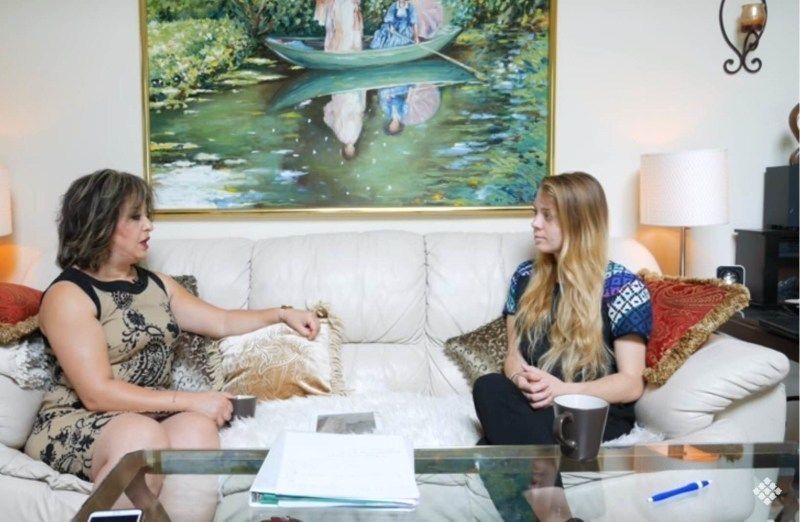Refugees are people with a story. They are people who enjoy food, celebrations, and music. They have children who, like every child, seek safety in their parents and enjoy playing with their friends. Today, many people forget this when the media tell us refugees are dangerous, out to ruin the job market or cause us physical harm.
To set the record straight, refugees do not leave their home countries because they want to. They do so because they are forced to — the circumstances leave them no choice. Many leave everything behind to travel to a place that may still not guarantee their safety. They seek refuge in areas where they are unfamiliar with the language and culture, and may not even be wanted. Despite this hardship, they flee their homes in desperate attempts to start a new life.
These are the stories that are all too often swept under the rug. Now, The Turkish Heritage Organization (THO) is helping tell them with a new video project called Not Just a Number, which documents the real lives of refugees in the Washington D.C. area. The idea is to highlight the triumphs and unique stories in an attempt to challenge the view many Americans have of the current refugee crisis.
“I was a Fulbright English Teaching Assistant in Balikesir, Turkey last year after graduating from college, and through my community outreach activities I got plugged in with a group of Iranian refugees in the community,” said THO coordinator Sarah Houston in an interview with Lady Freethinker. “When I came back to America and heard so much anti-refugee and islamophobia rhetoric on TV, coming from our politicians, I knew I had to do something to change the way Americans view refugees.”
Today, the crisis in Syria has forced an estimated 11 million Syrians out of their country since 2011. They have suffered both physically and emotionally. However, this does not make them helpless. They may not travel with much in their backpacks, but they bring with them work ethic, skills and the hope to live happily and successfully.
“There are so many people who have to flee their country who used to be doctors, lawyers, government officials,” said Houston. “They have master’s degrees and add so much to our country, but when they move many of them face obstacles that we can’t even comprehend.”
It’s quite the endeavor to try finding a job and learning a new language while at the same time just becoming acquainted with new surroundings. Many refugees experience culture shock, as 24-year-old refugee Elvir Klempic explains in THO’s video below.
With this project, THO hopes to change the perception people may have and lift the negative portrayal of so many refugees.
As Houston said, “I think hearing individual stories is so much more powerful than writing a piece or trying to change people’s minds about entire populations.”







